In this month’s regular column from CEJA (European Council of Young Farmers) we talk to their Vice President Tomáš Ignác Fénix from Czechia.
MF: How did you become involved in farming and what type of farming are you involved in now?
TIF: I was interested in influencing the landscape and shaping food self-sufficiency in my country’s border region known as Sudetenland. Agriculture seemed to be a good base for changing something for the better because it has always been the backbone of the region. In addition, I was interested in implementing my ideals of good farming which I had gained from my perspective as a consumer. So today I am an organic fruit and wine farmer working alongside my partner. We also run a small-scale fruit processing operation and are just starting to introduce livestock including hens, goats and sheep.
MF: Do you think it is more difficult for aspiring young farmers who don’t come from a family farm to enter the sector? If so why?
TIF: Yes, even if it differs from country to country, the young generation in general faces many obstacles. New entrants to the sector are seen as strangers. Without agricultural education they are not supported by the government. They miss a public introduction and succession support by the existing farmers’ unions. These are the main problems for integration. This is particularly so in Czechia where the rules are more discriminating than motivating for access to land and credit. Underrepresentation by the unions and size-based decisions in the Agrarian Chamber are also an issue.
MF: What drew you to the young farmers’ movement and why is it important?
TIF: It’s a key body of civil society and is able to work on the biggest challenge the European countryside has ever faced. People are leaving villages because of lack of economic and cultural opportunities, but especially in the agriculture sector, land concentration among big companies makes people more dependent. Advocating the family farming model on a sustainable scale could help fulfil our contemporary goals ie: protecting biodiversity; safe, transparent and high quality food production; livening up the countryside.
MF: How long have you been involved with CEJA and what does your current role as CEJA Vice President entail?
TIF: The first time I attended a CEJA meeting was in May 2015. We were discussing our position on soil protection and food waste which attracted me and strengthened my decision to invest more of my time in influencing the future of European agriculture. As a senior foreign representative of SMA ČR (Czechia’s young farmers’ organisation), I was elected CEJA Vice President in July 2017 and my main areas of interest are rural development and organic farming. I also had the pleasure of speaking at the recent Birdlife/NABU conference and at Barilla’s International Forum on Food and Nutrition about sustainable farming. Within the CEJA board, I am responsible for the member organisations from Italy, Slovenia, Croatia, Hungary, Slovakia and Czechia, so I also gladly attend their events.
MF: As CEJA Vice President what would you like to achieve?
TIF: My election programme was focused both on internal and external issues. In CEJA there are things to improve like the way we work and how we involve our members across Europe. It makes me happy that we have already achieved things. The more important goals concern farming in the future. We are facing an ever more globalised world. Well-balanced international trade is a key issue we will discuss in the upcoming working groups. At our conference on ‘New Ways in Farming’ taking place in the autumn in Czechia, we will debate and test how to stay both environmentally and economically sustainable over the next decades in farming. It will focus on diversification by organic farming, farm processing, direct selling and the circular economy.
If you would like to get in contact with CEJA, email: allusers@ceja.eu
Go to: Massey Ferguson Global Facebook page
Go to: CEJA Young Farmers Facebook page


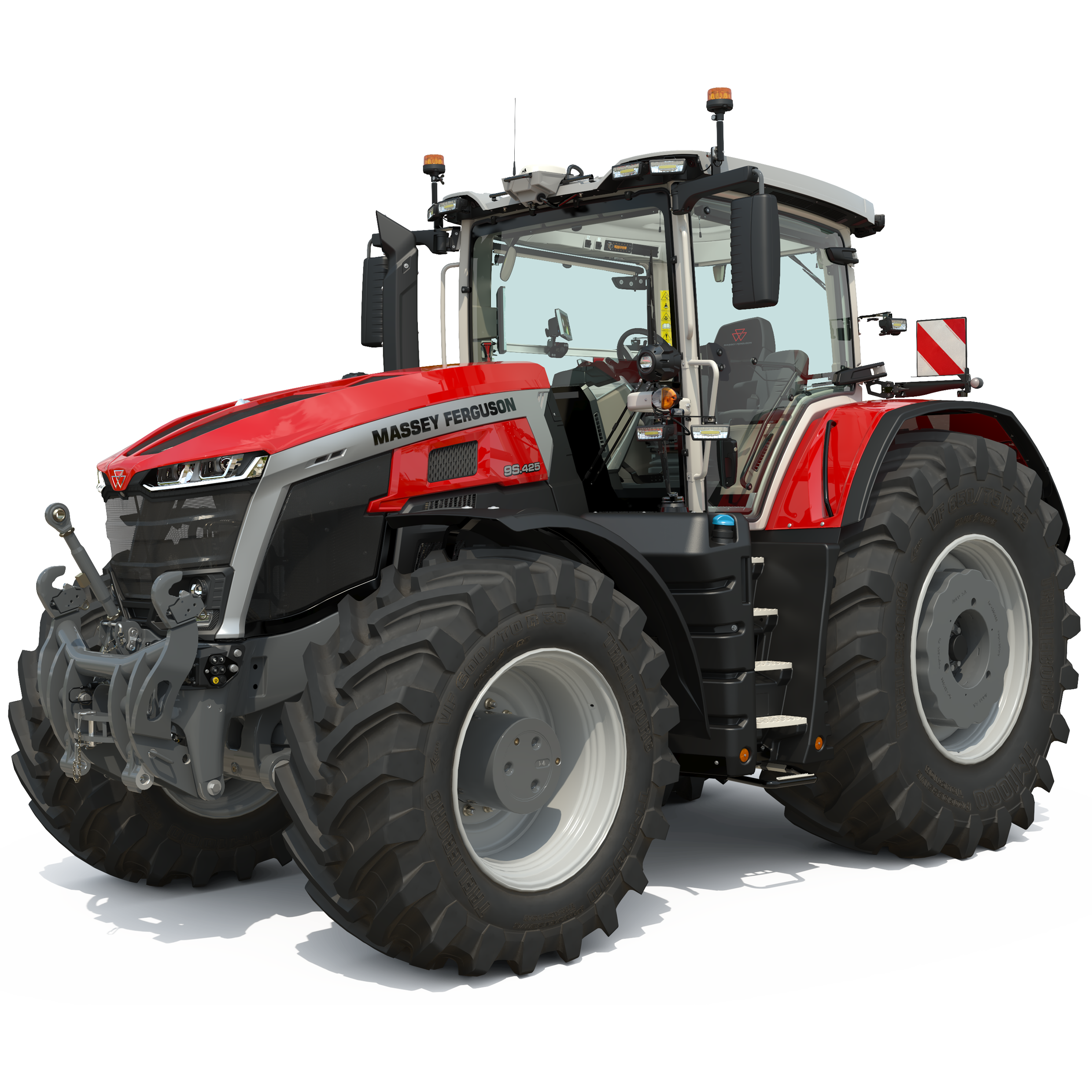

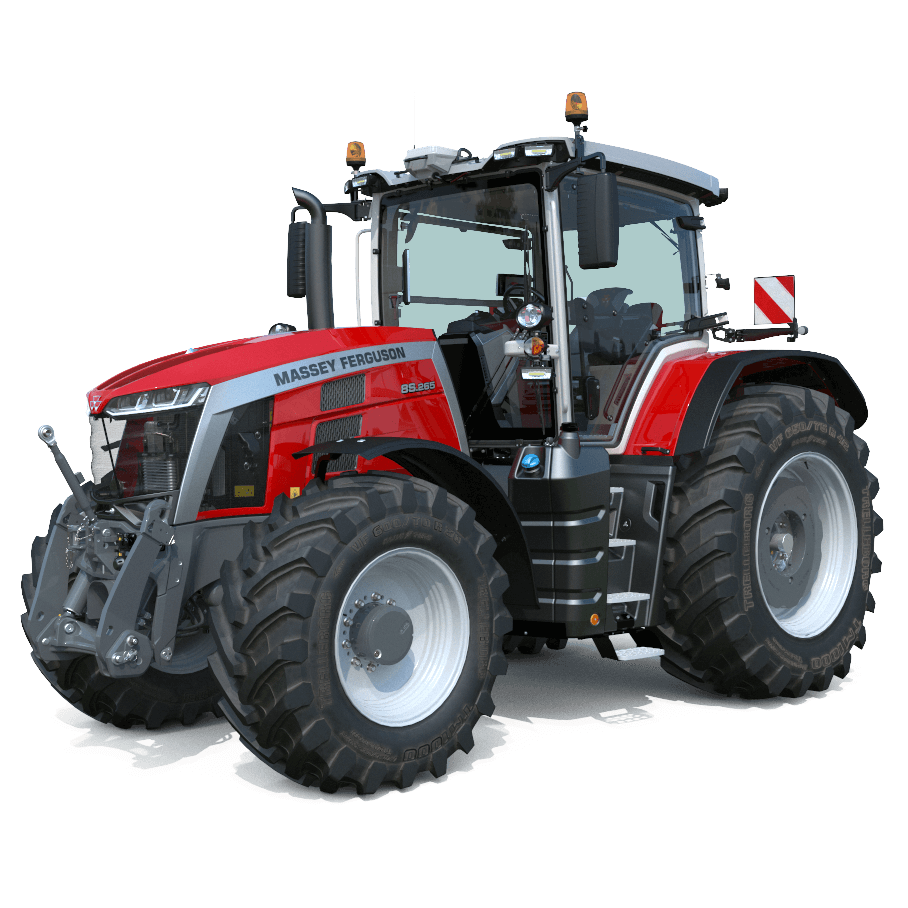

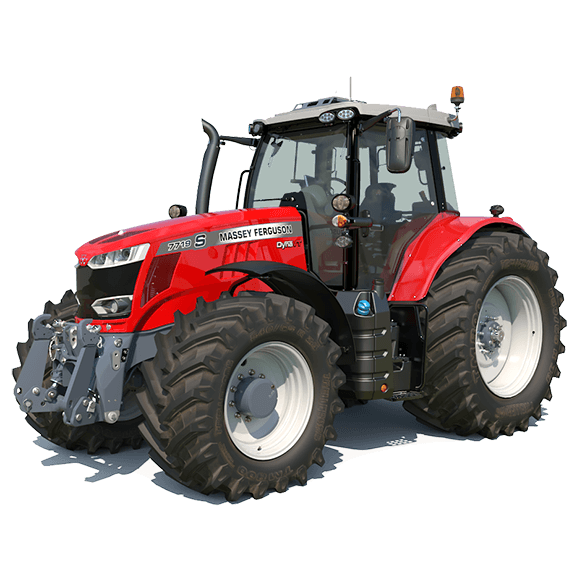



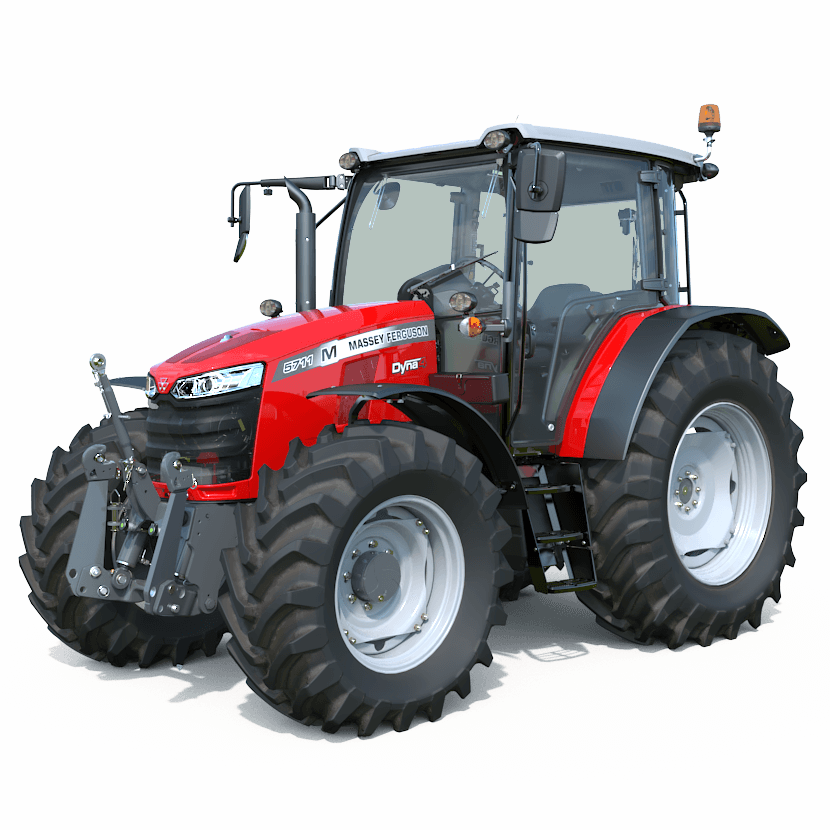

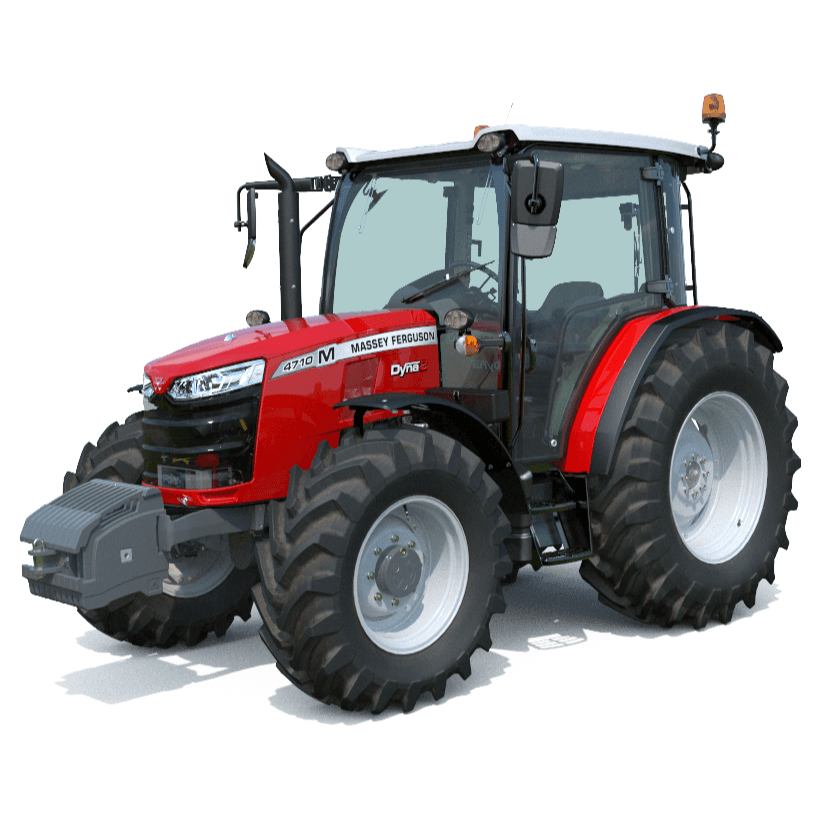

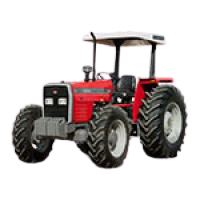

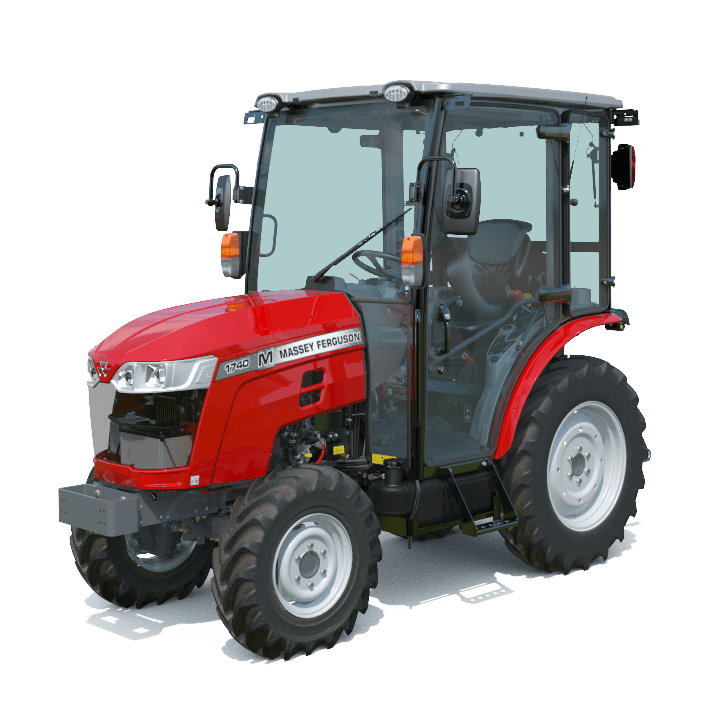


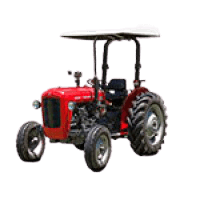
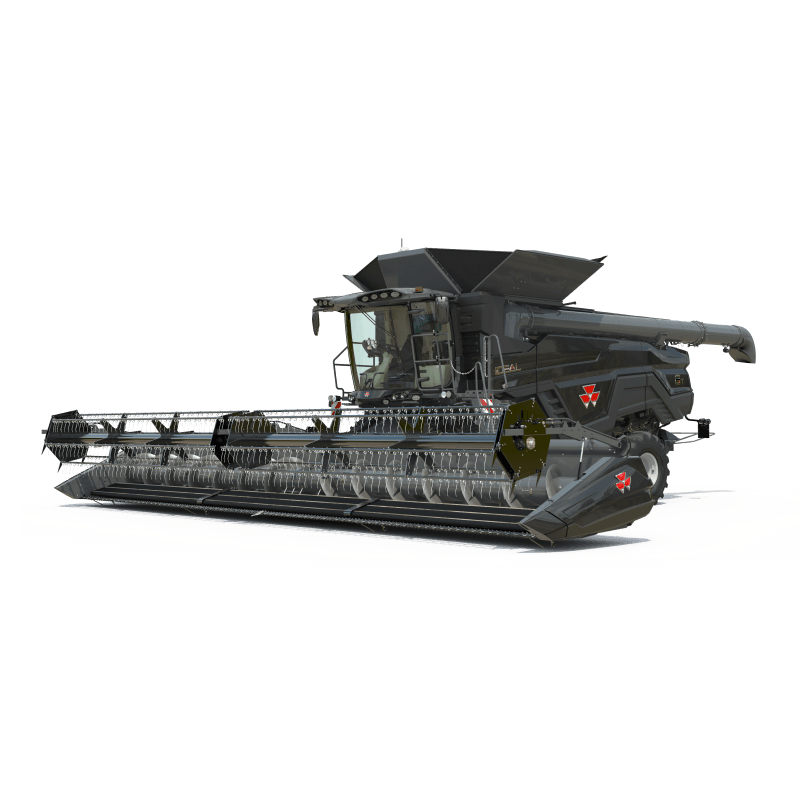
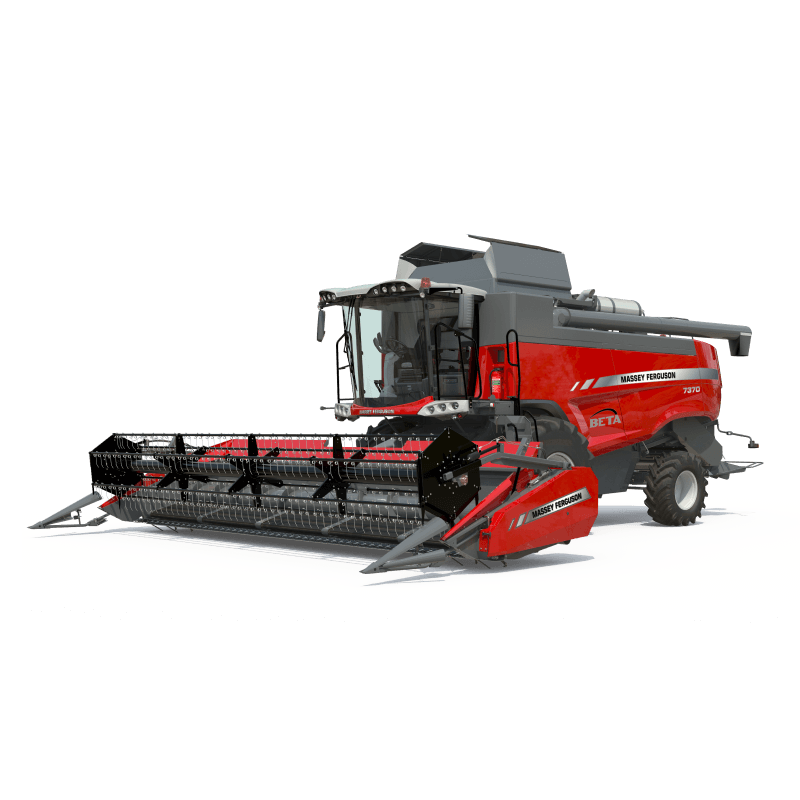
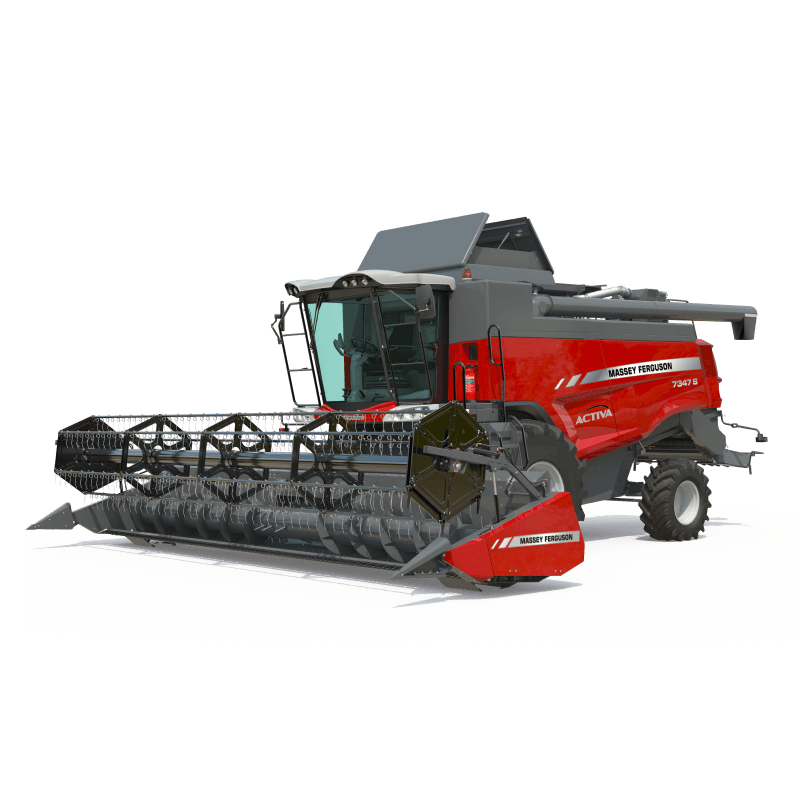
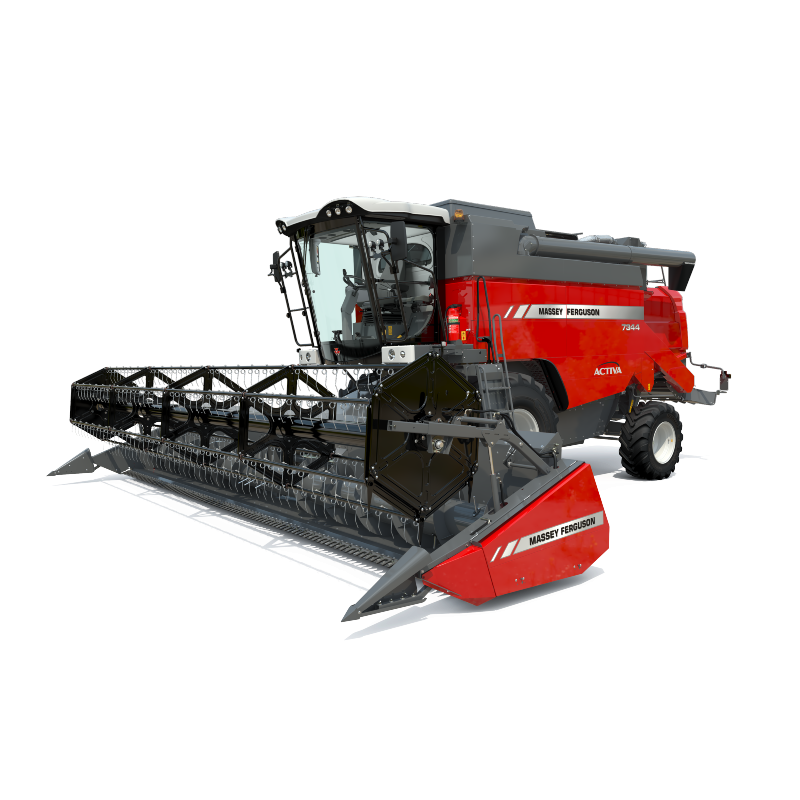
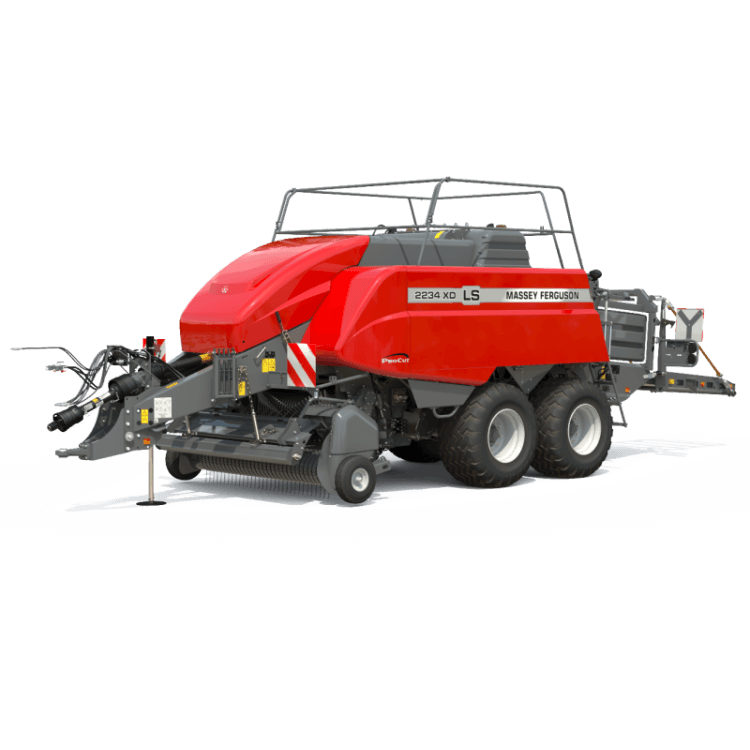
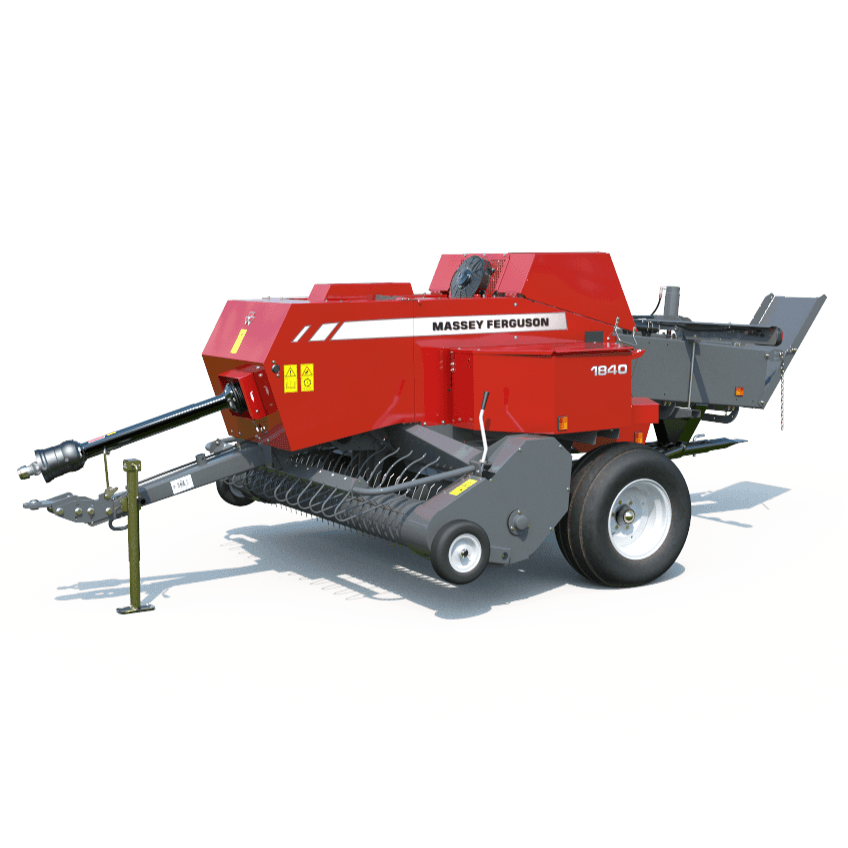
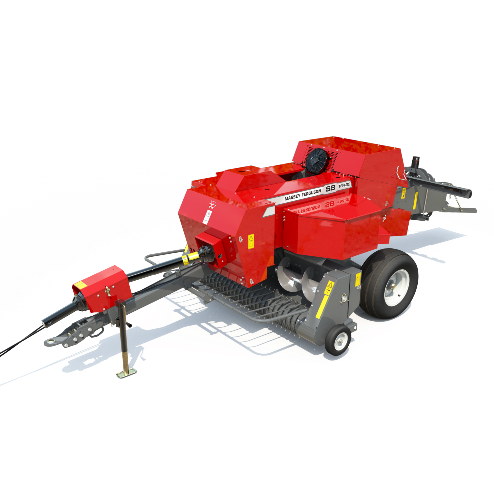
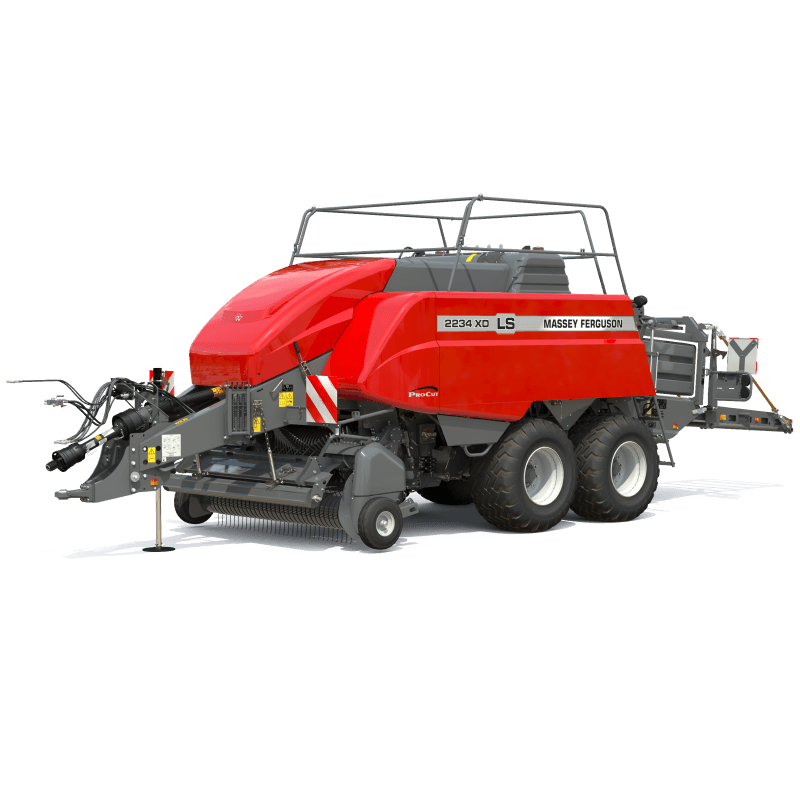
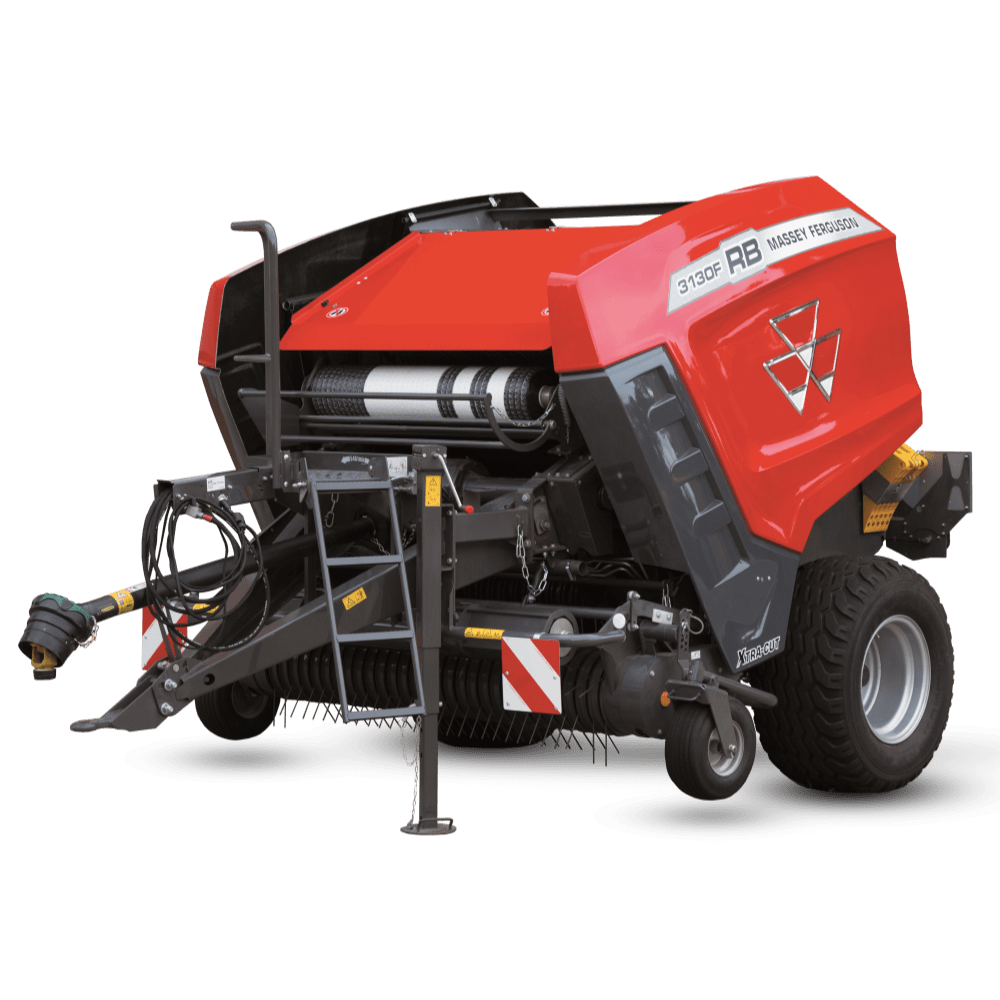
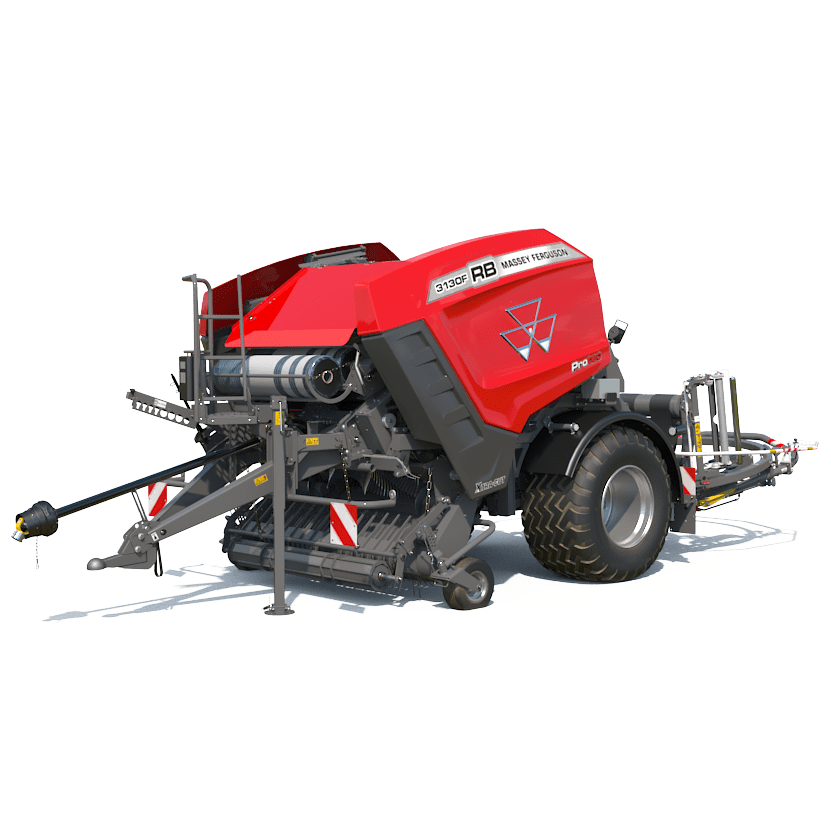
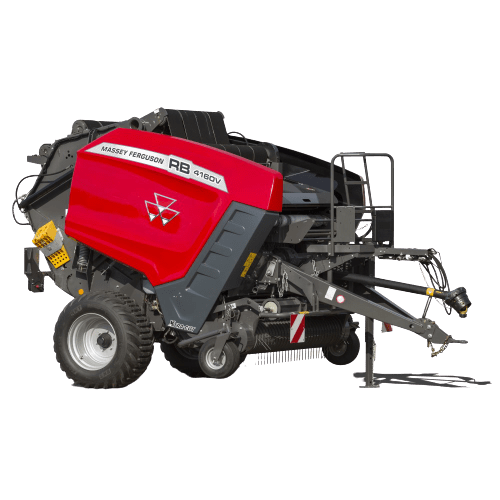
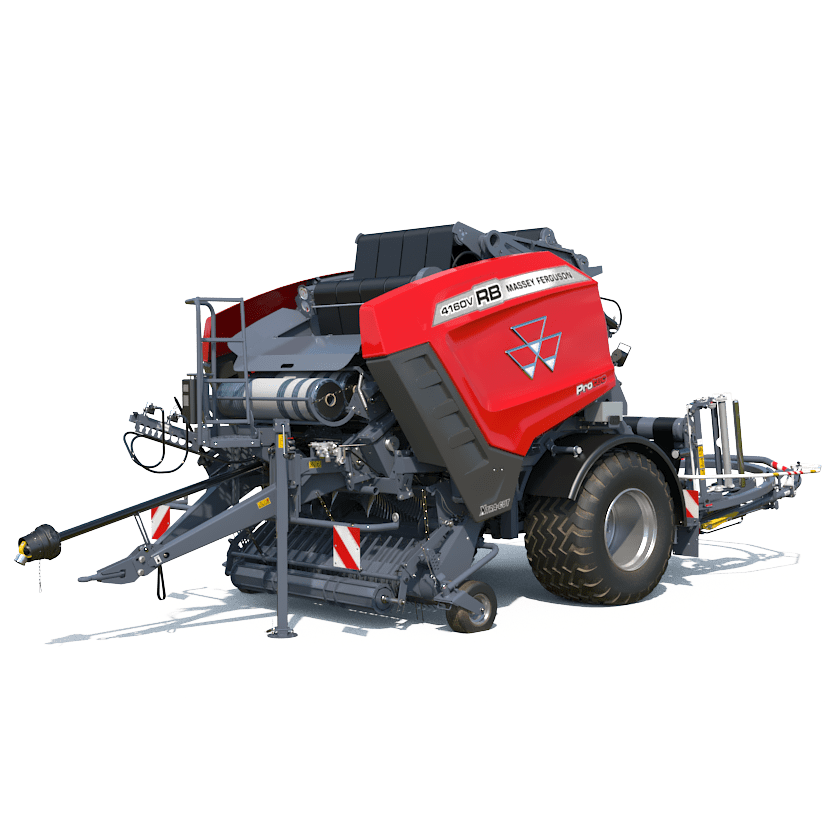

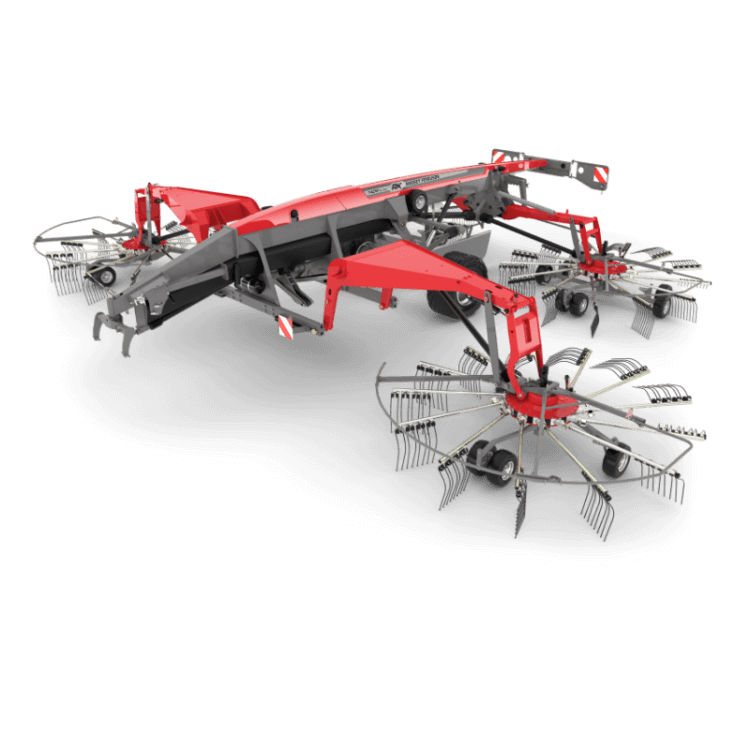
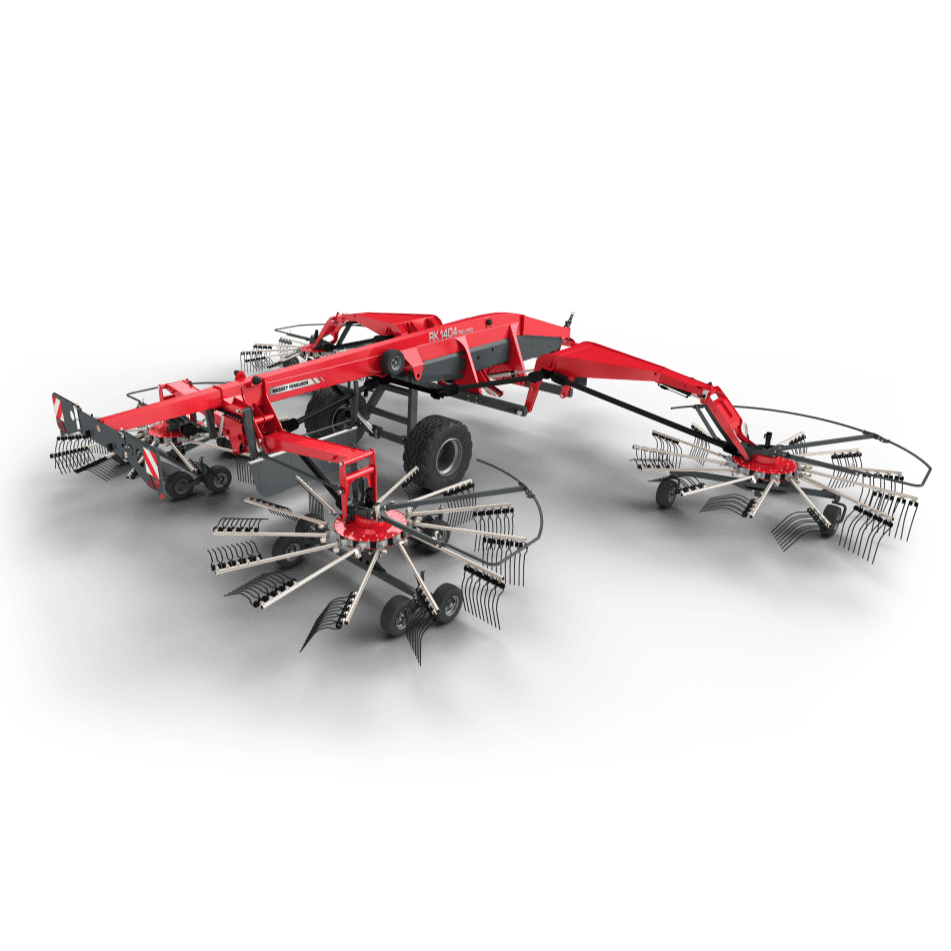
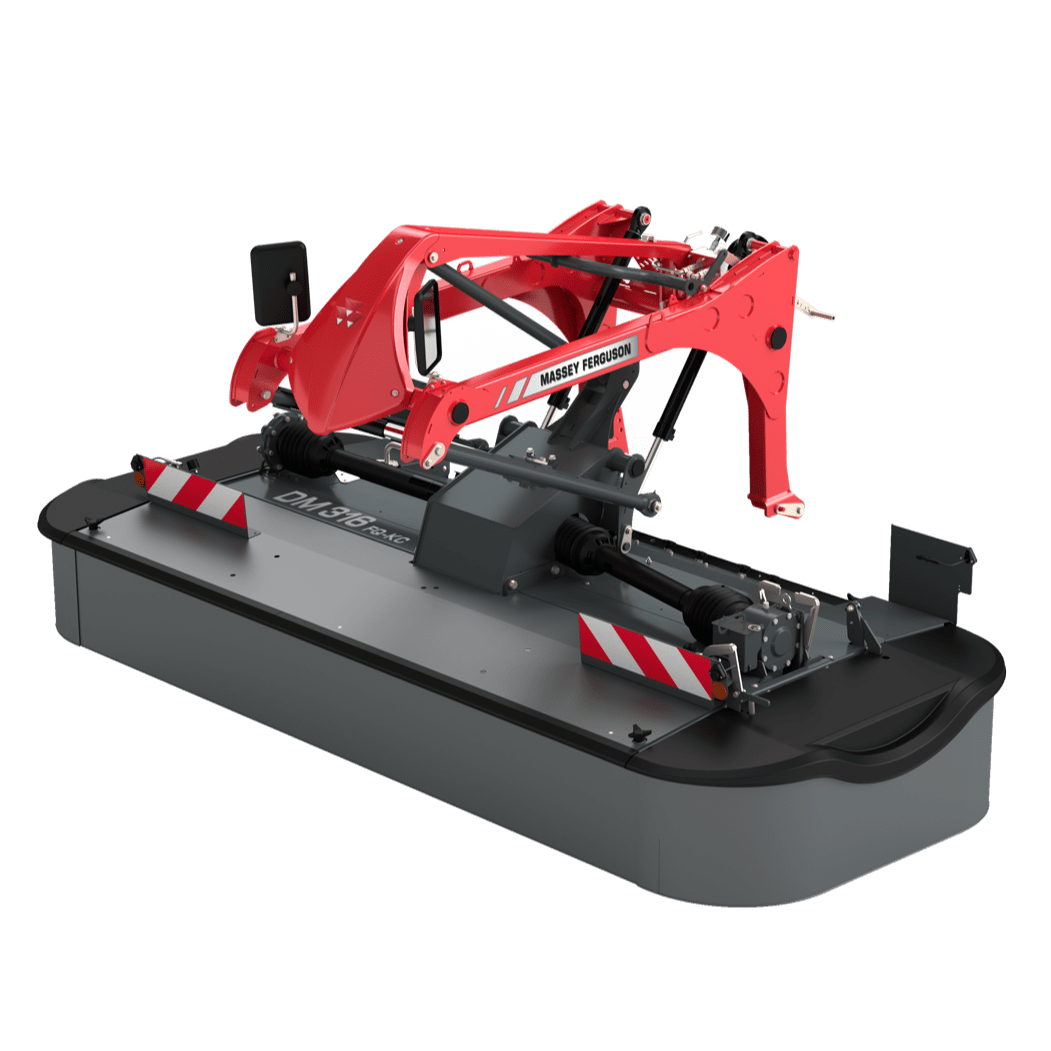
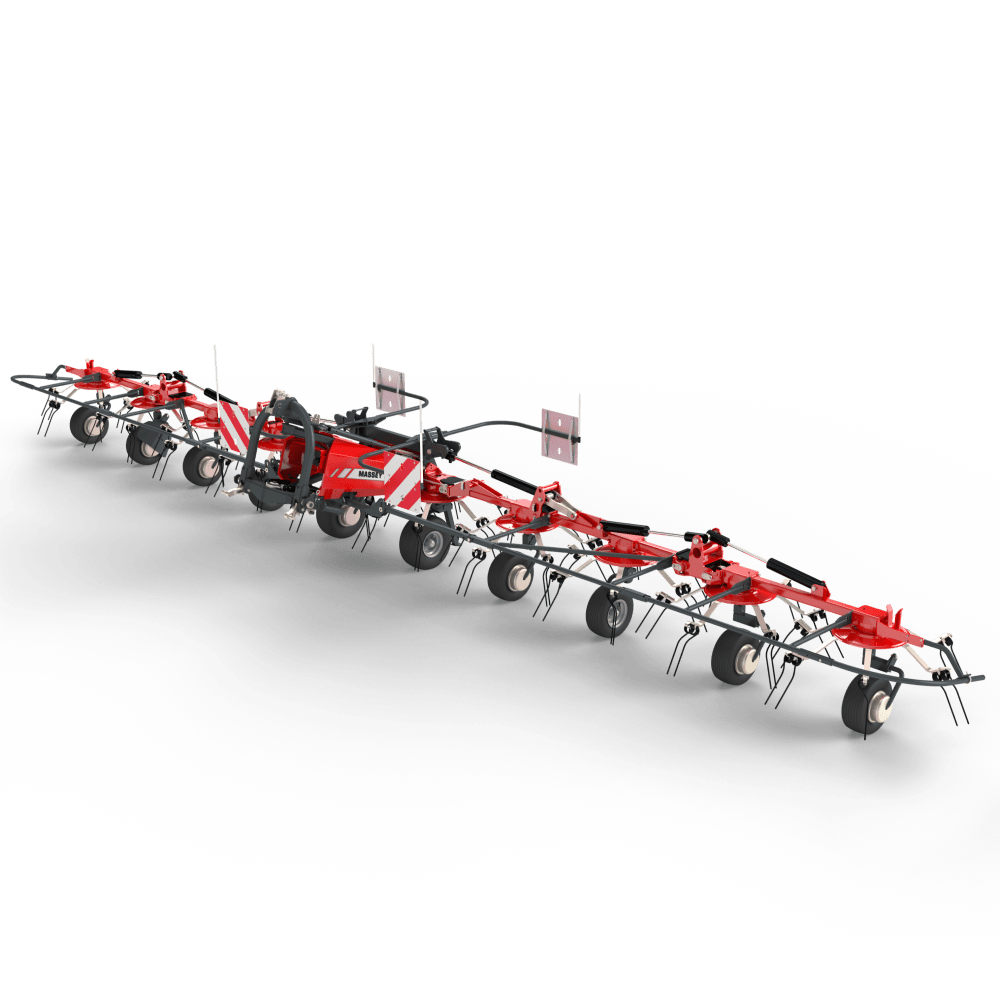
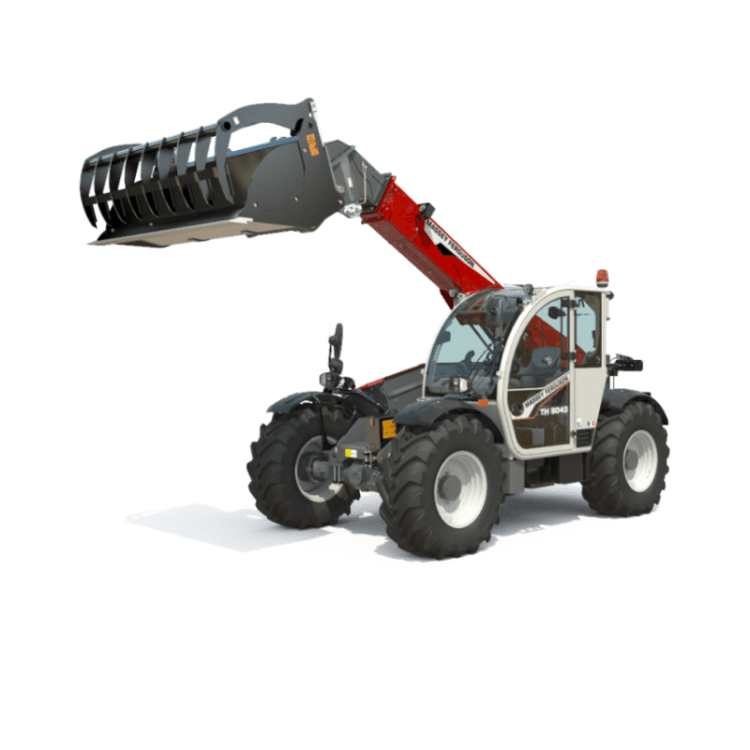

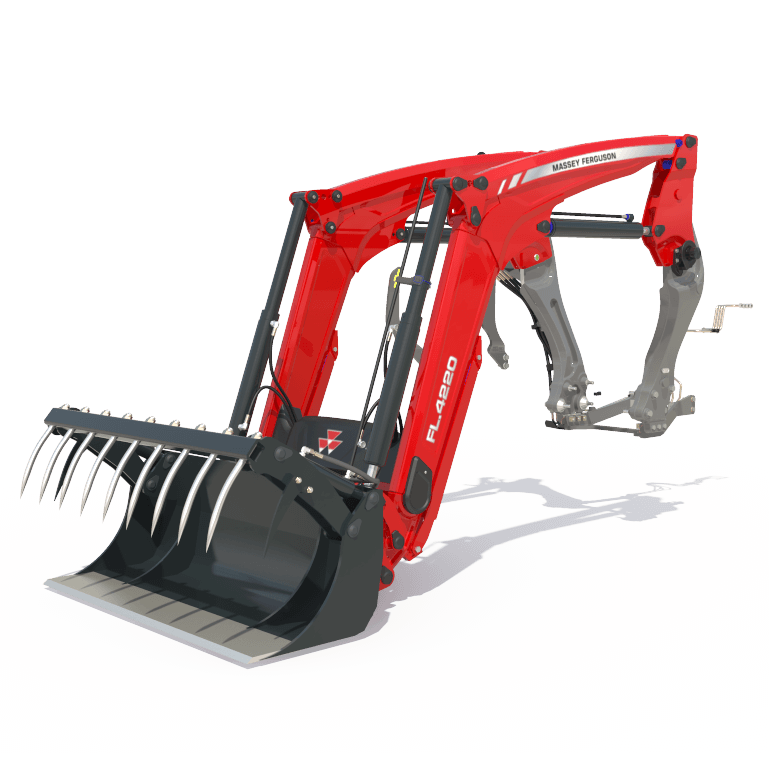
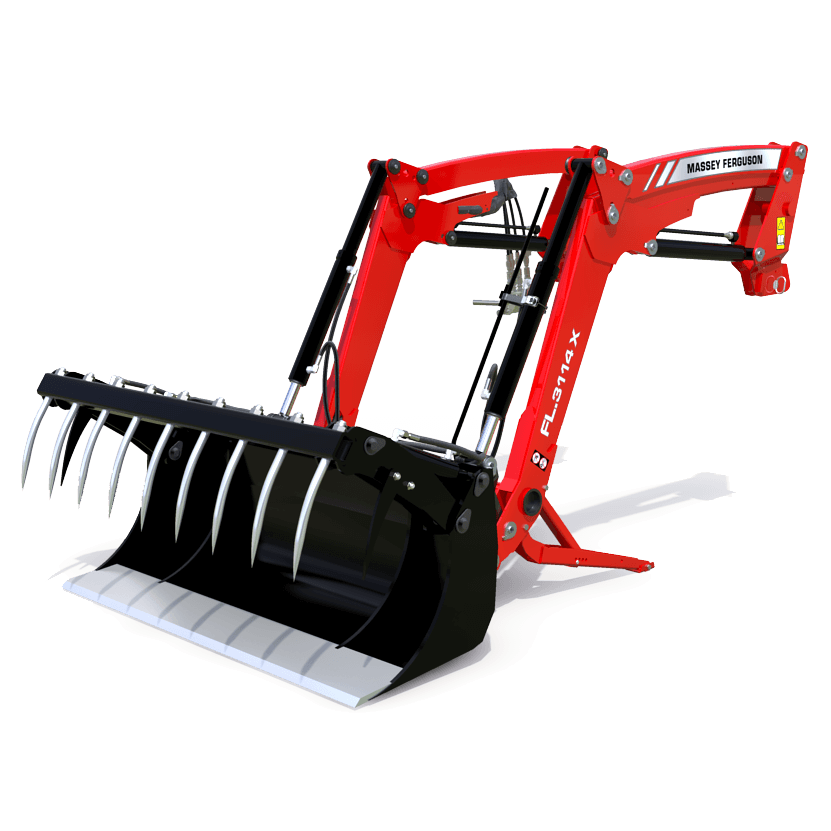
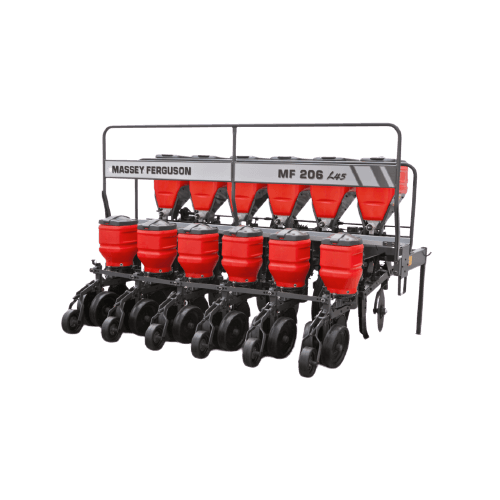
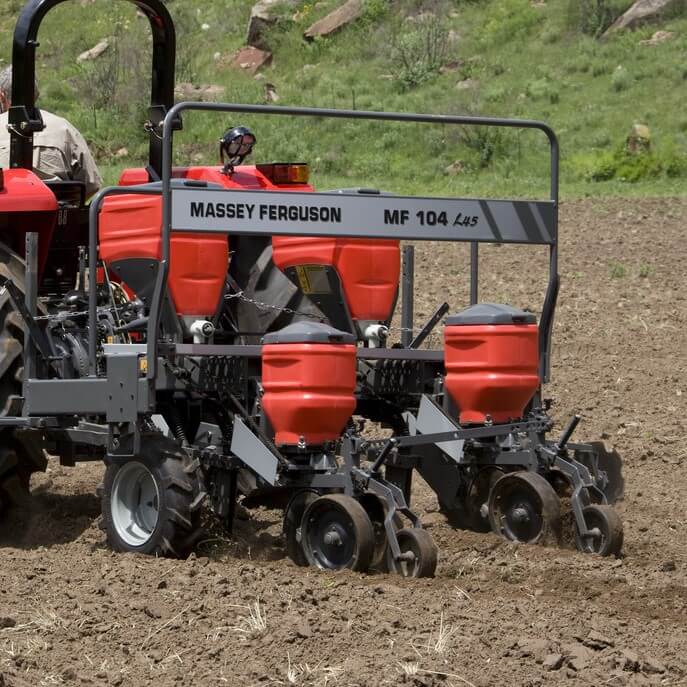
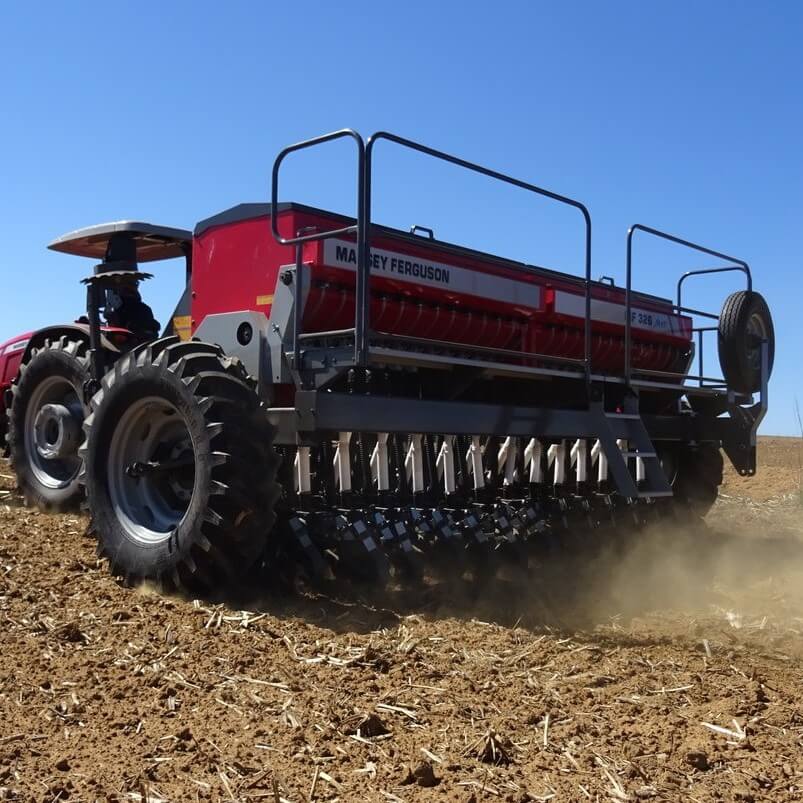
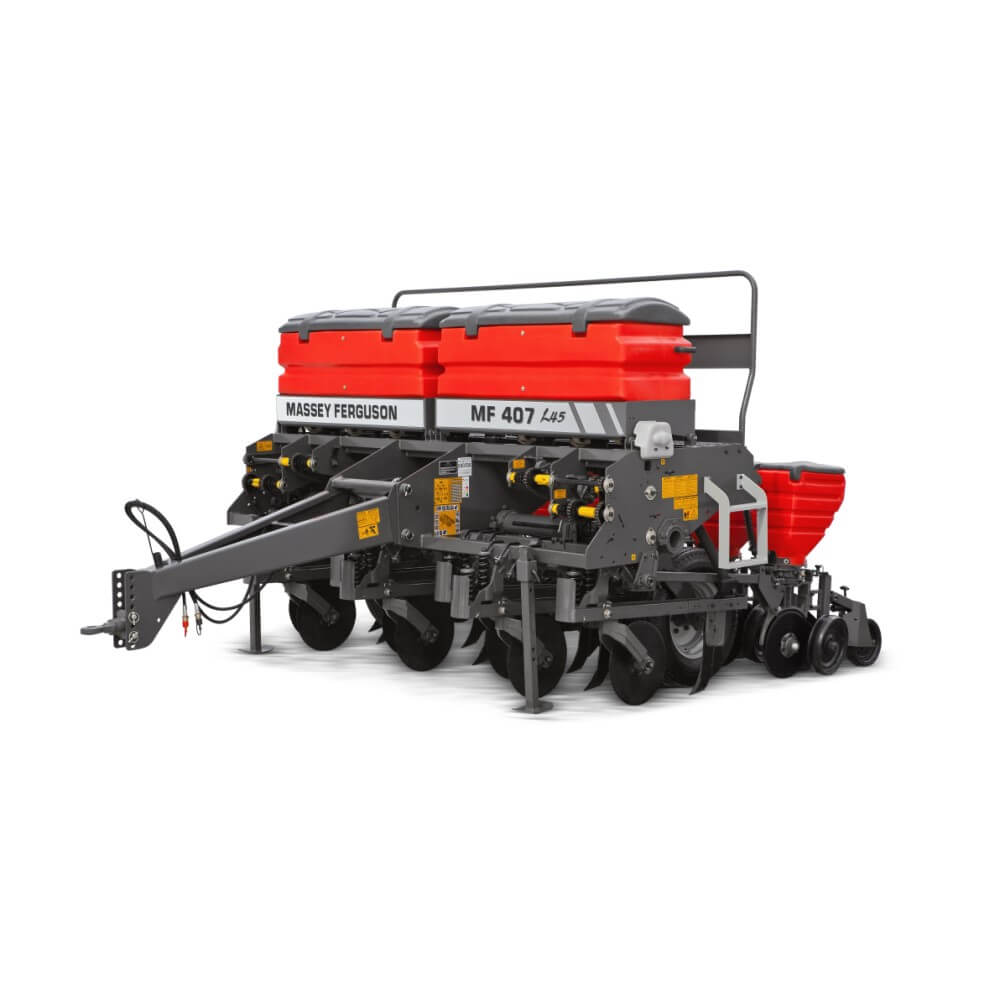
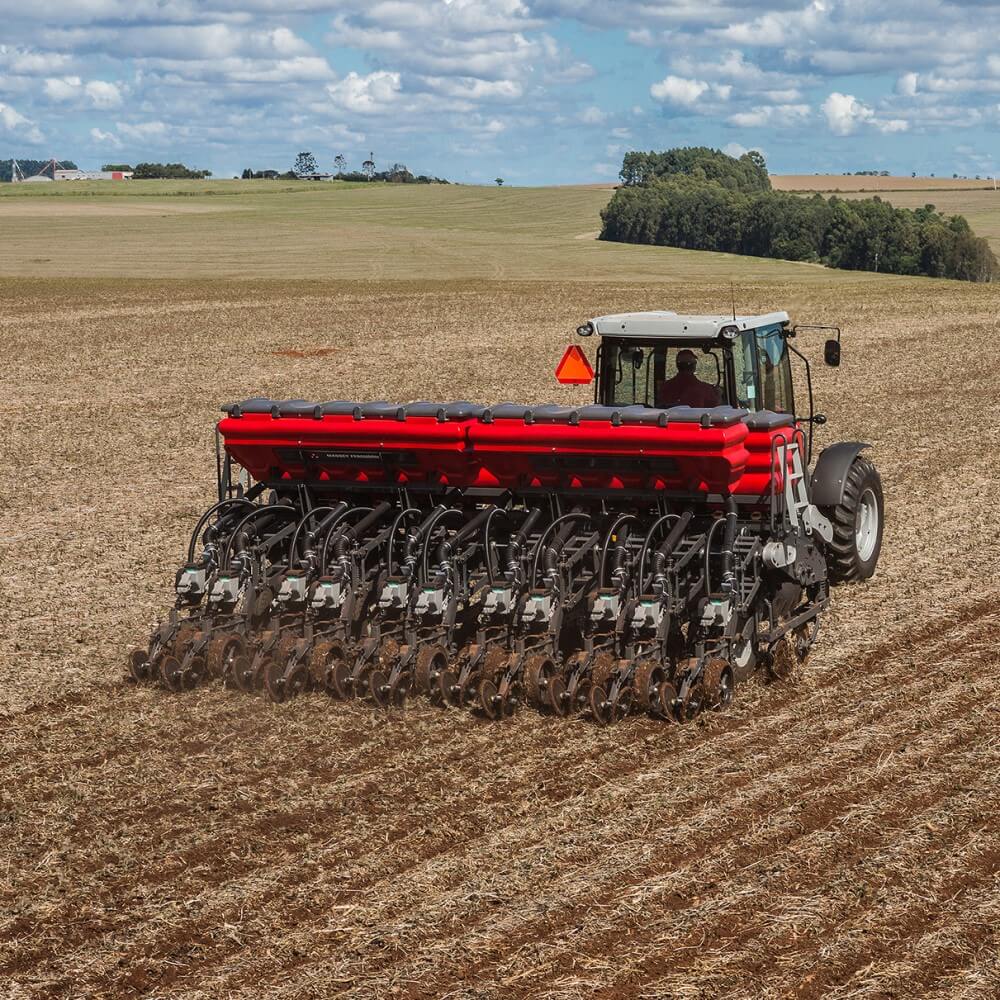
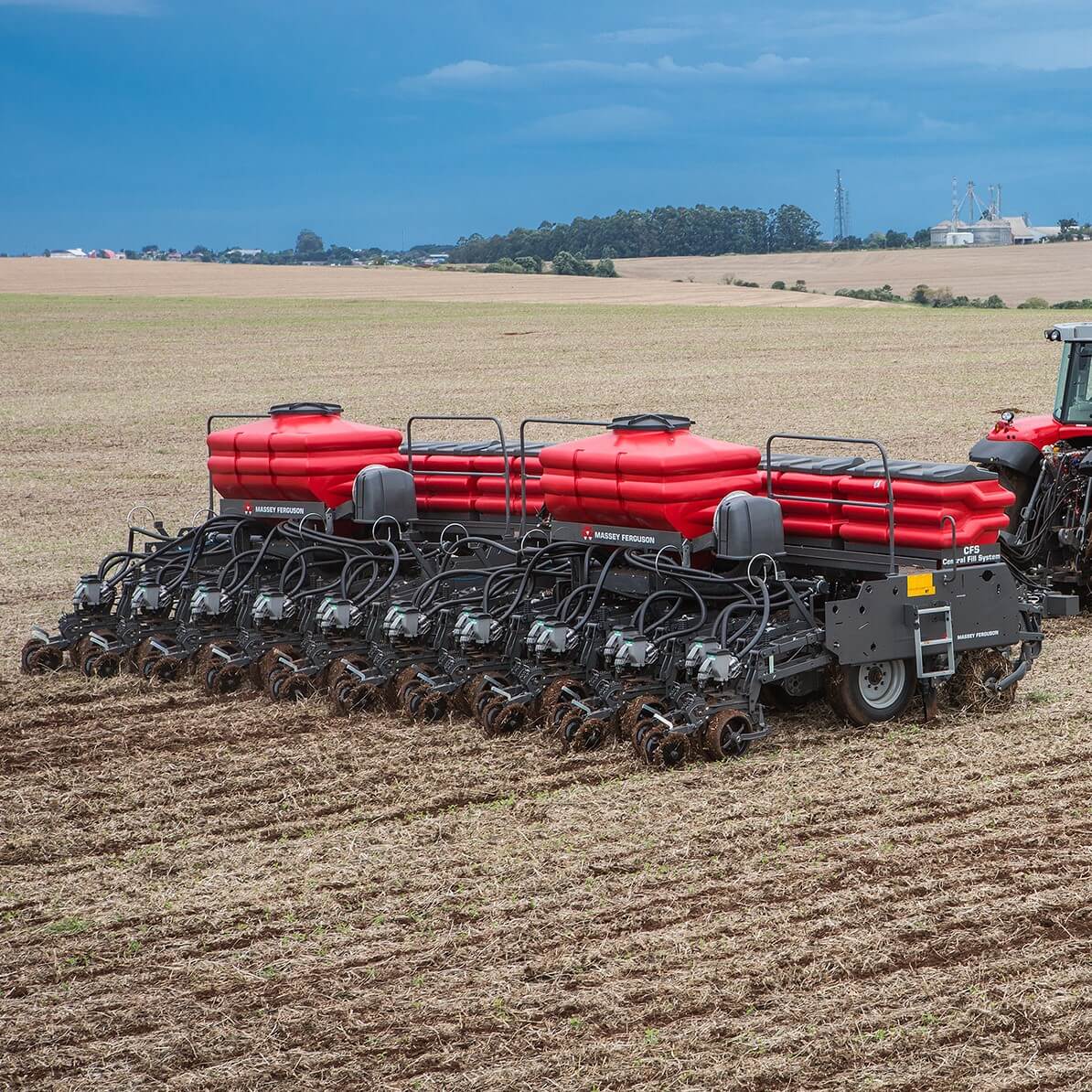
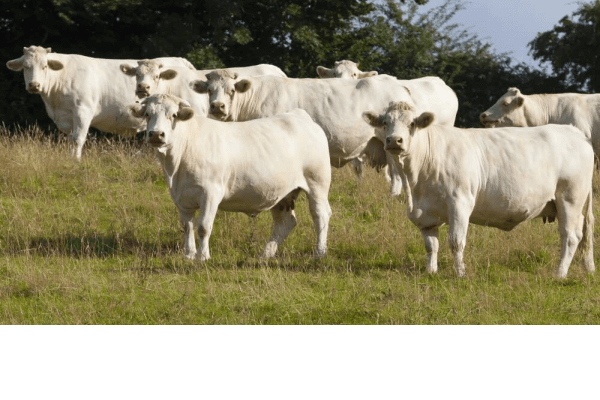
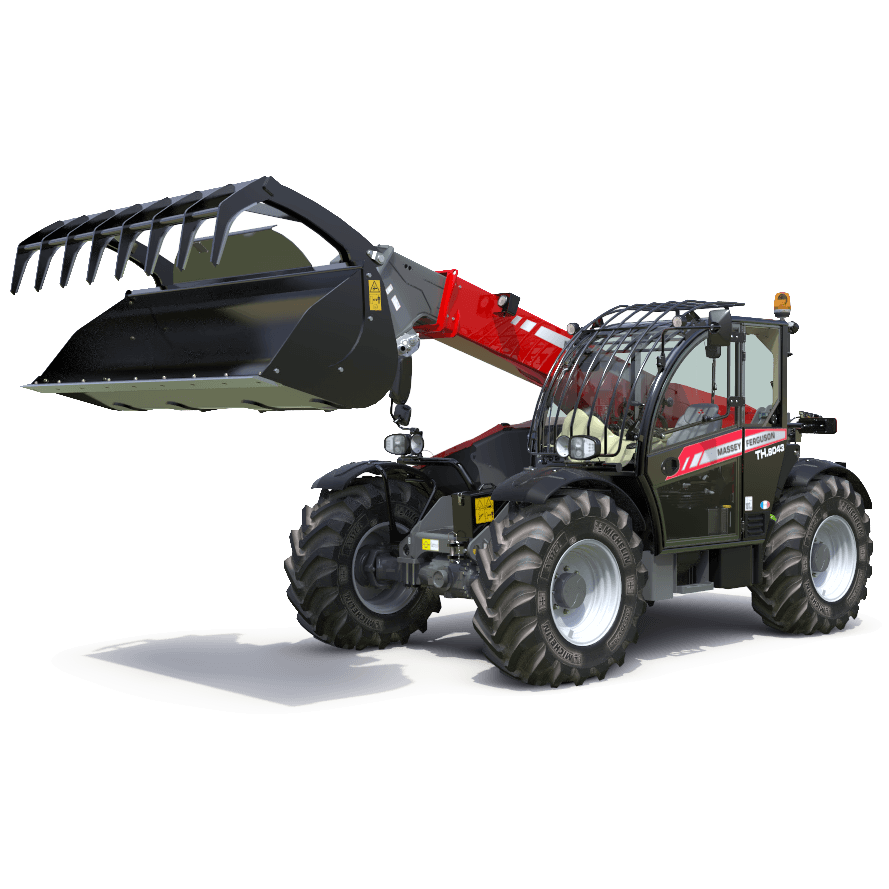
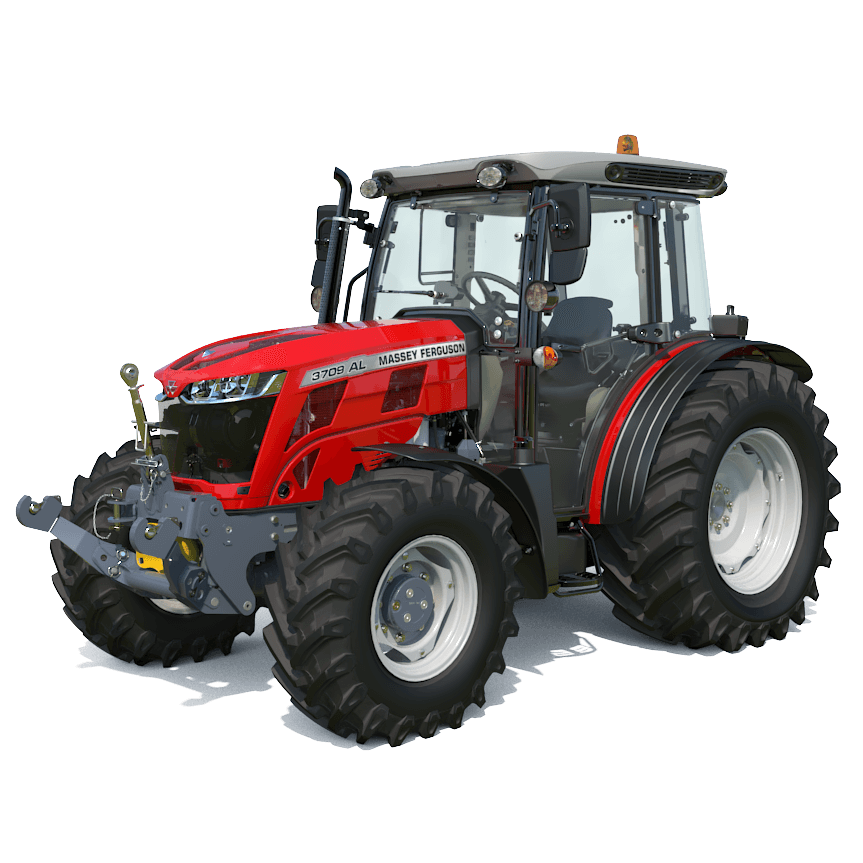
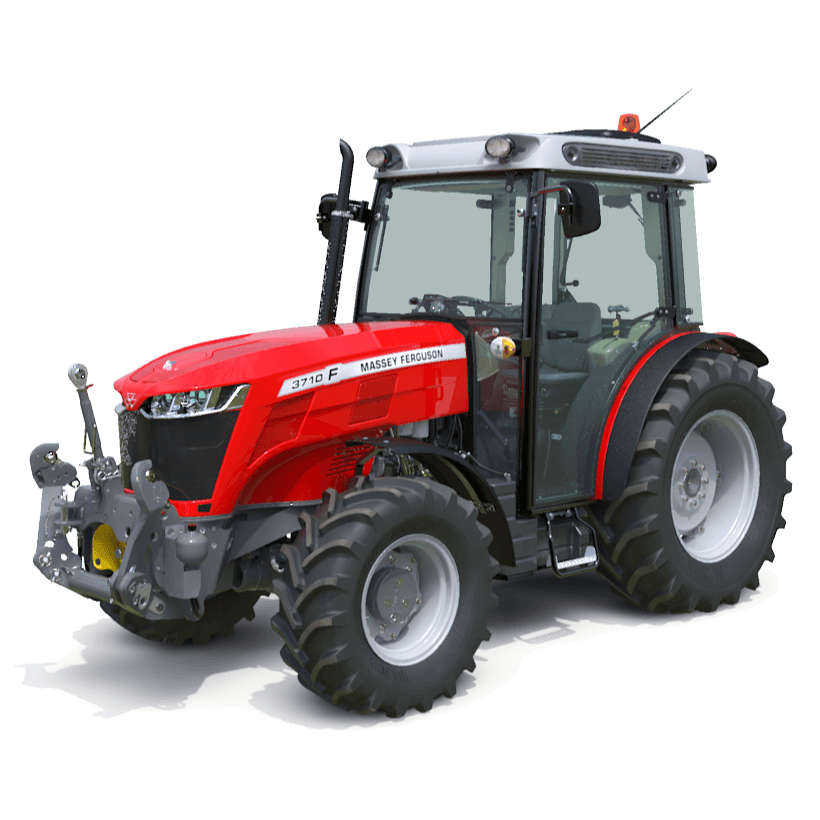
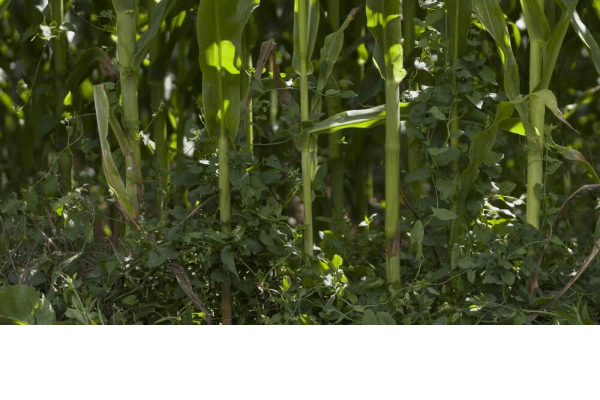
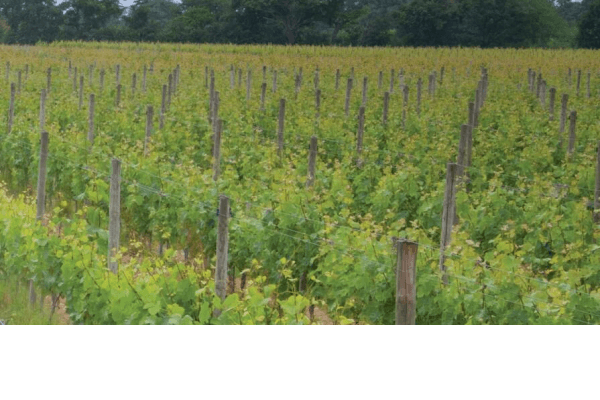
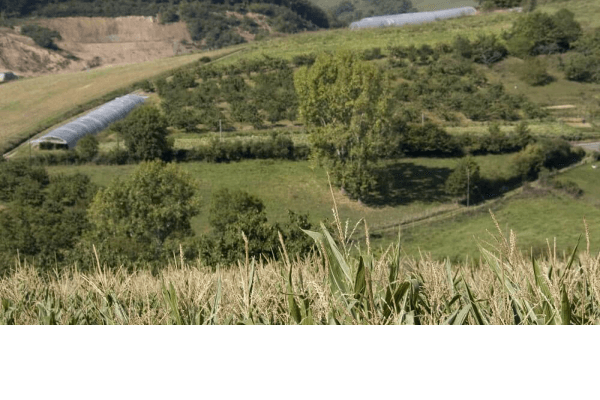
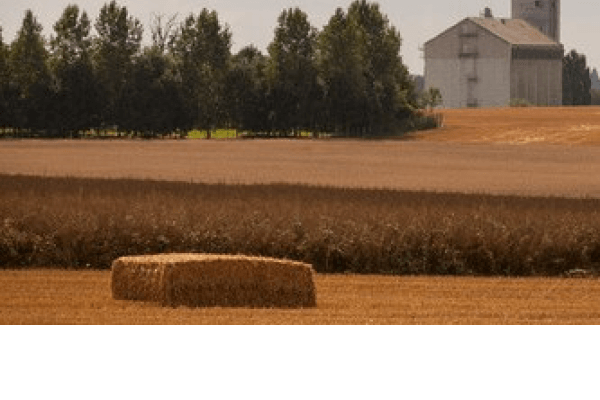

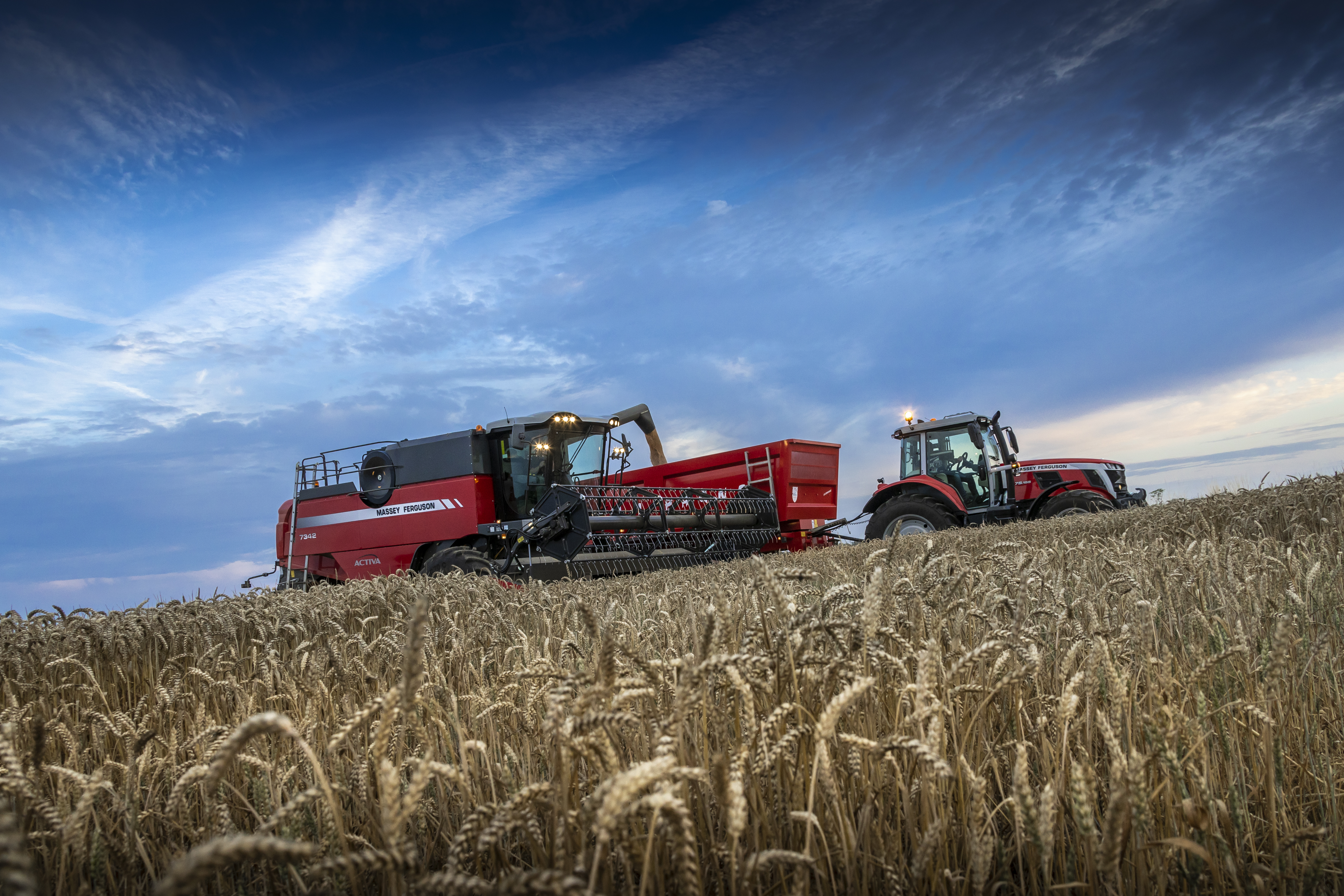
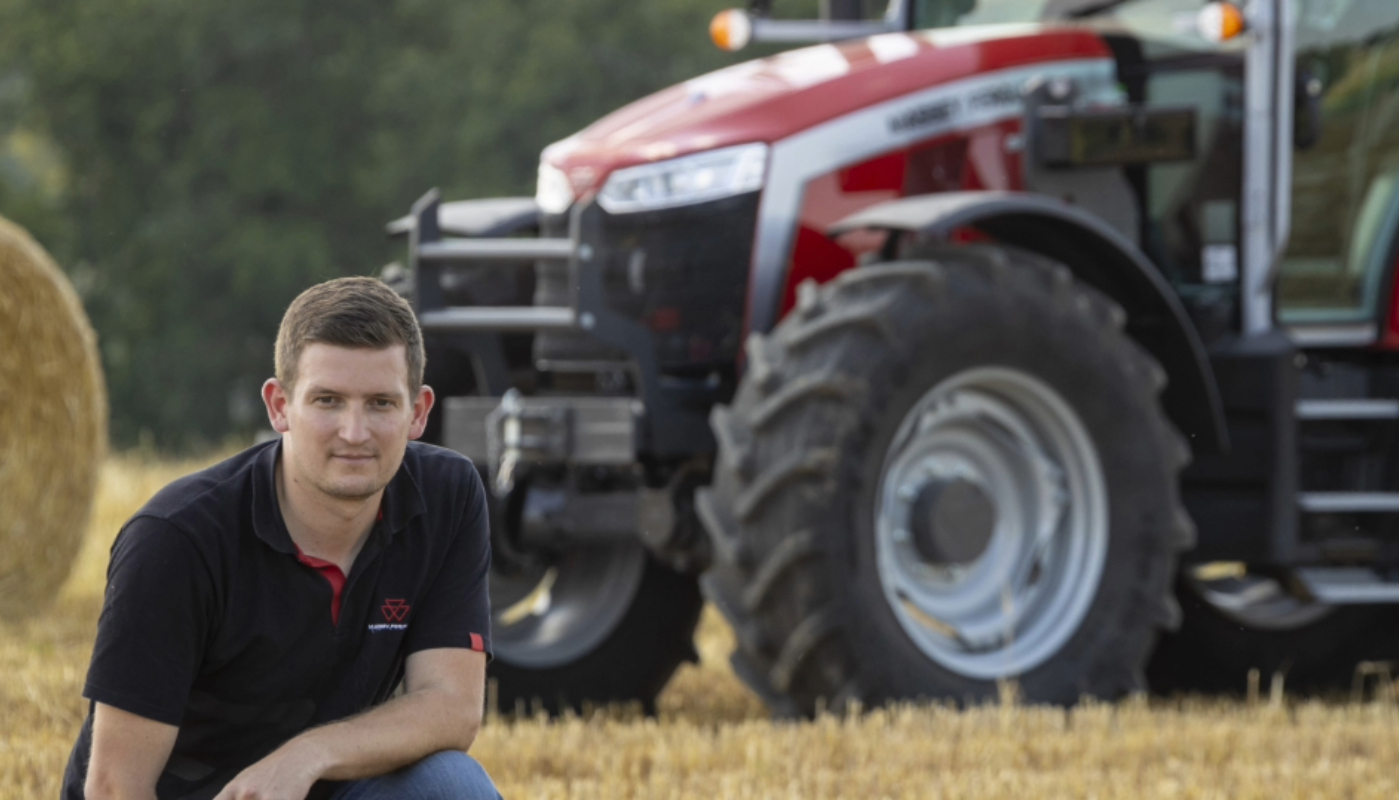

Share